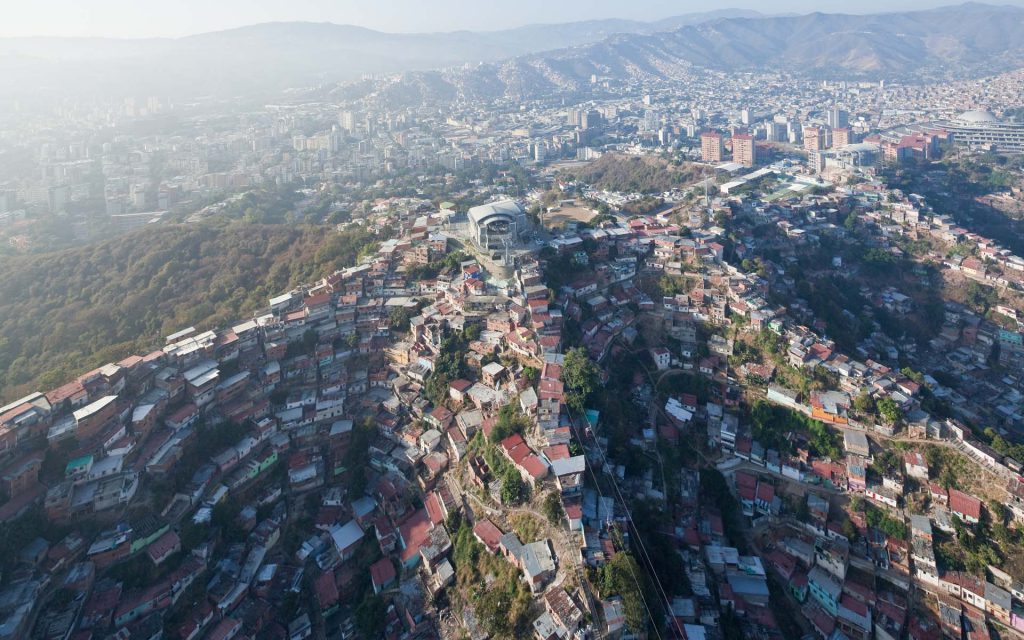No Made
Construire en pas dur

Des millions et des millions de personnes, au péril de leur vie, continuerons, quoi qu’il en soit, à affluer vers les pays soi-disant riches. Tout dépend de quelle richesse on parle, pas celle de l’accueil en tout cas. C’est un courant historique, c’est un fait et aucun discours anti migrant qui fleurit un peu partout actuellement ne fera le poids face à l’histoire en marche. Ils se faneront, se dessécheront et pourriront. Ce n’est qu’une question de temps. Je n’aurais pas la prétention ici de proposer LA solution architecturale pour répondre aux camps de Calais et d’ailleurs, mais j’aimerais essayer de revenir à des choses plus légères pour peut-être s’en inspirer.
Il y a quelque chose de l’ordre de l’aventure dans l’architecture temporaire. On arrive, on fabrique son truc, on y reste un temps puis on démonte et on part ailleurs, à la découverte d’un ailleurs. Une forêt devient le support de cabanes possibles. Qu’elles soient enfouies dans le sol ou accrochées dans les branches, elles sont des refuges, les gardiennes des secrets et de l’imaginaire sans limite.
Un terrain vague devient le lieu d’une fête foraine, de spectacles, de jeux et de joies etc. Dans tous les cas, on prend, on comprend le site tel qu’il est, on s’en sert en le respectant, on le révèle autrement et on disparait comme si de rien n’était. Un chapiteau qui s’installe pour quelques jours en disposant son campement à l’abri des regards et la structure tendue en premier plan transforme la perception d’un espace, il le transforme complètement.
Il ne viendrait à l’idée de personne de raser une forêt pour construire un champ de cabanes ou alors cela s’appelle un lotissement.


Il y a une intelligence et une harmonie contextuelle dans l’architecture vernaculaire qui est oublié lorsqu’on construit en dur. A croire que le dur rend con.
L’une est faite pour vivre et exister en ne considérant que l’essentiel, elle dit une vérité avec toute la vie qui va avec, faite de solidarité et de violence aussi.
L’autre n’a aucune raison d’être si ce n’est le paraître.
L’une considère l’instant et le mouvement, l’autre expose sa peur du temps qui passe et le fige dans une image ostentatoire, crispée pour l’éternité.
L’une est un processus, l’autre parle de maintenance.
L’une suggère, l’autre impose c’est la différence entre l’érotisme et la pornographie.
À des degrés divers, l’architecture contemporaine des villes où tout est vu, tout est su, plus de rues mais des îlots, ouverts, toujours ouverts où il n’y a plus de profondeur de champ, plus de mystère, que des gros plans. La façade dit tout et tout devient écran. Qu’il ne s’agisse de celui de l’ordinateur ou du mur de façade, il cantonne ses habitants à ne vivre que devant ou derrière leurs boucliers. Ces nouveaux quartiers transforment la ville, lieu de culture et d’échange en lieu inerte et vulgaire.
Les pelouses à caniche ont remplacé les jardins secrets. La ville, jadis territoire de l’aventure et de ce qu’il reste de sauvagerie humaine, transforme peu à peu ses habitants en animal domestique.
Le problème des villes ce n’est pas leur centre historique depuis longtemps figé mais leurs marges. Au lieu de vouloir ré-inventer Paris qui n’en a vraiment pas besoin, il est capital de réfléchir au devenir de ces limites, des banlieues, des cités où les guetteurs régentent l’espace public et où les travaux d’embellissement sont le plus souvent symboliques parce que cela revient à augmenter les loyers.
Avant de repenser ces quartiers de manières définitives depuis nos belles agences bobo, peut-être devrions-nous donner du temps à des expérimentations urbaines et architecturales ambitieuses et affirmées de faire leur effet. Arrêtons de sacraliser comme si c’était une bonne idée la palette et le container ou alors, cela revient à considérer l’humain comme une marchandise améliorée.
Construisons des solutions uniques, correspondant à chacun des lieux que l’on voudra bien nous faire étudier afin de démontrer leur pertinence et leur intelligence. Il s’agit sans doute d’un moyen pour donner la chance au temporaire de prendre racine.
Proposer des solutions d’abord éphémères est peut-être une façon de sortir la ville de sa gangue conformiste et confortable pour qu’elle redevienne une matrice de matière vivante et qu’elle puisse enfin se mettre en phase avec son temps et ses citoyens. Faire en sorte qu’ils soient concernés et partie prenante d’un processus remis en marche pour qu’ils aient à nouveau envie de défendre non pas leur cité mais toute la cité.
Matthieu Poitevin
